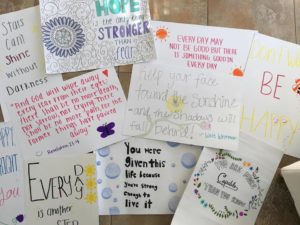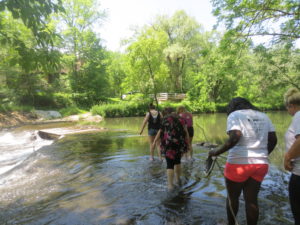In his unabated championship for marginalized people, Representative Chris Smith last week led a human rights effort to highlight human trafficking at the 2017 Organization for Security and Cooperation in Europe Parliamentary Assembly in Minsk, underscoring why Shared Hope International awarded him our Lifetime Pathbreaker Award in 2016.
 Congressman Smith is only the 2nd individual to earn the Lifetime designation of the award (Congressman Frank Wolf, 2013), and he truly has spent his entire career in the pursuit of justice for the downtrodden. Chris was one of the first voices to speak up about human trafficking and the major thrust behind the landmark Trafficking Victims Protection Act (TVPA) of 2000; he has been instrumental in reauthorizations of that act up to and including the present re-authorization efforts.
Congressman Smith is only the 2nd individual to earn the Lifetime designation of the award (Congressman Frank Wolf, 2013), and he truly has spent his entire career in the pursuit of justice for the downtrodden. Chris was one of the first voices to speak up about human trafficking and the major thrust behind the landmark Trafficking Victims Protection Act (TVPA) of 2000; he has been instrumental in reauthorizations of that act up to and including the present re-authorization efforts.
During 1995-1999 Shared Hope’s founder, Linda Smith, was his colleague as they served in Congress together. After leaving Congress, and in the early days of Shared Hope’s history, Linda Smith initiated regional and international efforts to further the goals of the TVPA and has continued to collaborate with Chris on anti-sex trafficking legislation.
The Pathbreaker Award is a prestigious award to honor individuals who made an outstanding contribution to the movement against commercial sexual exploitation. These leaders broke the trend of inaction and initiated proactive responses to prevent sex trafficking.
 Q: What was your favorite part about being a Shared Hope partner?
Q: What was your favorite part about being a Shared Hope partner?








